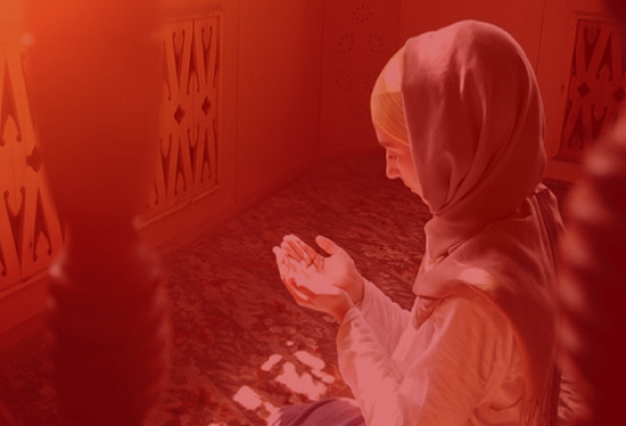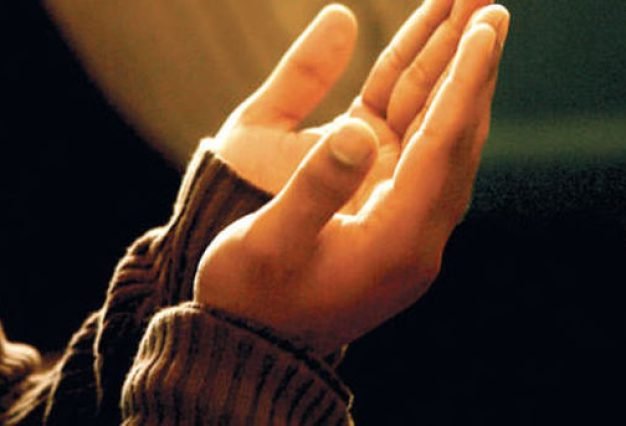Answered by Shaykh Yūsuf Badāt
Question:
I have seen people performing two rakaʾahs nafl (optional units of ritual prayer) after ṣalāt al-witr. I always thought witr should be the last prayer. Is there any evidence for this practice? Should witr be the last prayer of the night?
Answer:
In the Name of Allāh, the Most Merciful, the Most Compassionate
Jazāk Allāh Khayr/ Thank you for your question. May Allāh reward you for your concern related to prayer.
Performing two rakaʾahs nafl after witr is acceptable and evidence for this practise is found in the noble sunnah of the Prophet Muḥammad (peace and blessings upon him).
For the individual who is unsure of waking up for ‘tahajjud‘ (nightly vigil prayer), it is recommended for them to perform these two nafl rakaʾahs after witr prayers. As for the person who is sure of waking up for ‘tahajjud‘ prayers, they should perform any number of nafl prayers as desired after ʿEshāʾ prayers while leaving the witr prayer for ‘tahajjud‘ time. In this case the witr should be the last prayer.
Please refer to the narrations below:
Thawbān (may Allāh be pleased with him) narrates from the Prophet Muḥammad (peace and blessings upon him) who stated, “Staying awake in the night [for prayers] can be a struggle and [also] difficult, hence when any of you perform the witr prayer, they should also perform two rakaʾahs. If one is able to stand in nightly prayer (tahajjud) that is fine, otherwise, these two rakaʾahs will suffice (as tahajjud) for them.” (Dāramī, Ṭaḥāwī, Dār Quṭnī; the chain of this narration is ‘ḥasan‘- sound)
Abū ʿOmāmah (may Allāh be pleased with him) narrates that the Prophet Muḥammad (peace and blessings upon him) would offer two rakaʾahs after witr in a sitting position, he would recite “idhā dhū al-zilat” (chapter 99 of the Qurʿān) and “qul yā ayyuha al-kāfirūn” (chapter 109 of the Qurʿān). (Musnad Aḥmad, Ṭaḥāwī, narration is ‘ḥasan‘- sound)
ʿAbd Allāh ibn ʿOmar (may Allāh be pleased with him) narrates from the Prophet Muḥammad (peace and blessings upon him) who said, “Make your last prayer of the night, the witr prayer.” (Bukhārī, Muslim)
Jābir (may Allāh be pleased with him) stated that the Prophet Muḥammad (peace and blessings upon him) said, “The one who fears inability to stand in prayer during the last portion of the night [before early dawn], should perform the witr prayer at its beginning (first part of the night after ʿEshāʾ). As for the one who is certain of standing in prayer in its last portion [of the night – before dawn] should perform the witr at the end of the night.” (Muslim)
And Allāh Knows Best




